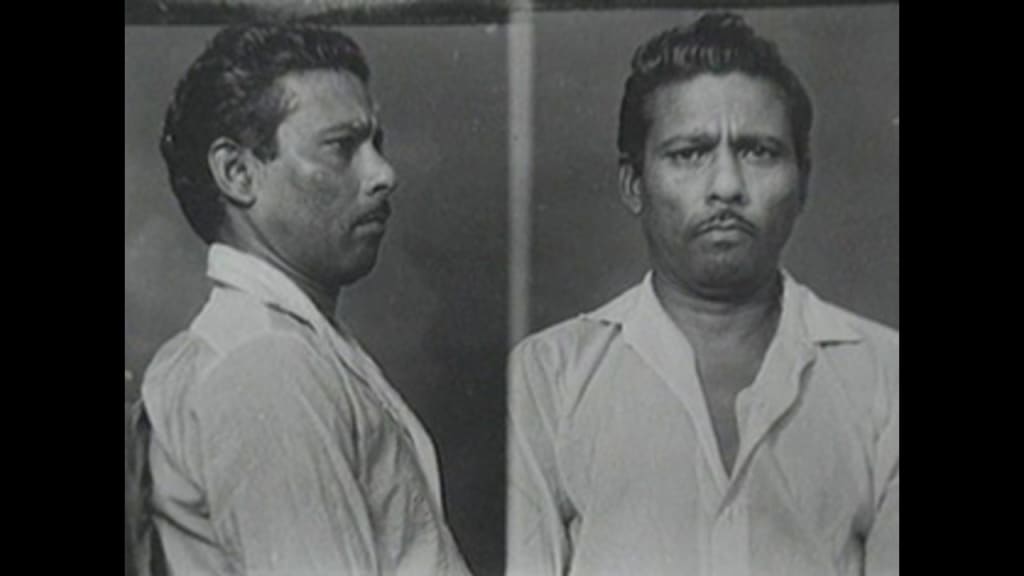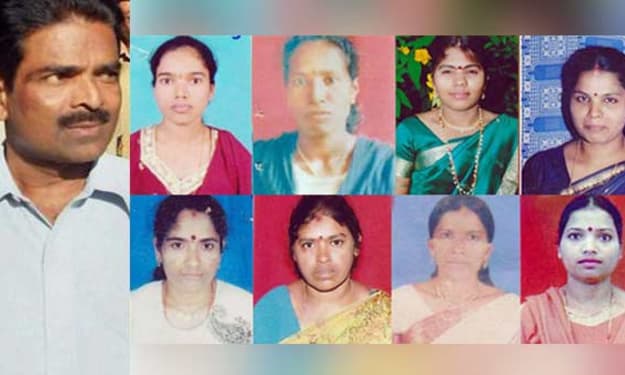
Raman Raghav: The Infamous Indian Serial Killer
Raman Raghav was a notorious serial killer who operated in Mumbai during the late 1960s and early 1970s. He is remembered for his brutal and calculated crimes that left the public in fear and disbelief. His legacy serves as a warning of the dangers of ignoring poverty, inequality, and mental illness, and the need to address these challenges to prevent similar crimes from occurring. In this blog, we will delve into the life and crimes of Raman Raghav and explore the impact that his actions had on Indian society.
Early Years and Criminal Beginnings
Raman Raghav was born in Mumbai in the 1940s and grew up in poverty. Despite this challenging upbringing, he managed to complete high school and work as a laborer. However, his criminal record started at a young age, as he was arrested for a series of petty crimes and eventually served time in prison. In the late 1960s, Raghav started committing a series of brutal murders targeting the homeless and poor in Mumbai. He is believed to have killed over 40 people, making him one of the most notorious serial killers in Indian criminal history.
Prolonged Manhunt and Capture
Despite the extensive manhunt launched by the police, Raman Raghav managed to evade capture for several years. In 1986, he was finally arrested and charged with several counts of murder. At his trial, it was determined that he was mentally ill and he was committed to a mental hospital. However, he was eventually sentenced to life in prison.
Societal Effects
The crimes committed by Raman Raghav had a profound impact on Indian society. The public was in fear and disbelief, and his brutal and calculated murders of the homeless and poor served as a reminder of the dark and violent side of society. The police and forensic teams worked tirelessly to bring him to justice, and the case sparked a nationwide conversation about the need for stronger law enforcement and criminal justice systems.
The Raman Raghav case also exposed several systemic failures in the Indian criminal justice system. Issues such as the lack of adequate police resources and public awareness about crime prevention, as well as the lack of access to mental health resources, were highlighted. In the aftermath of his arrest and conviction, the Indian government and criminal justice system took steps to address these failures and prevent similar crimes from occurring in the future.
The final verdict
The sentence of Raman Raghav, the infamous serial killer, was changed to lifelong incarceration after he was found to be suffering from incurable mental illness. He was kept at Yerwada Central Jail in Pune and received psychiatric treatment at the Central Institute of Mental Health and Research. A panel of medical experts, upon the directive of the High Court, declared that he would never recover, leading the court to reduce his sentence to life imprisonment on August 4th, 1987. , a few years later in 1995, Raghav passed away from kidney failure at Sassoon Hospital.
Conclusion
The legacy of Raman Raghav remains a powerful reminder of the importance of justice and the need to protect the vulnerable and marginalized members of society. His actions served as a warning of the dangers of ignoring poverty, inequality, and mental illness, and the need to address these challenges to prevent similar crimes from happening in the future. Despite the efforts made to improve the criminal justice system, the case of Raman Raghav remains one of the most infamous in Indian criminal history and serves as a reminder of the need for continued vigilance and action.
About the Creator
JACK
YoFan https://yo.fan/lotsoflove





Comments
There are no comments for this story
Be the first to respond and start the conversation.